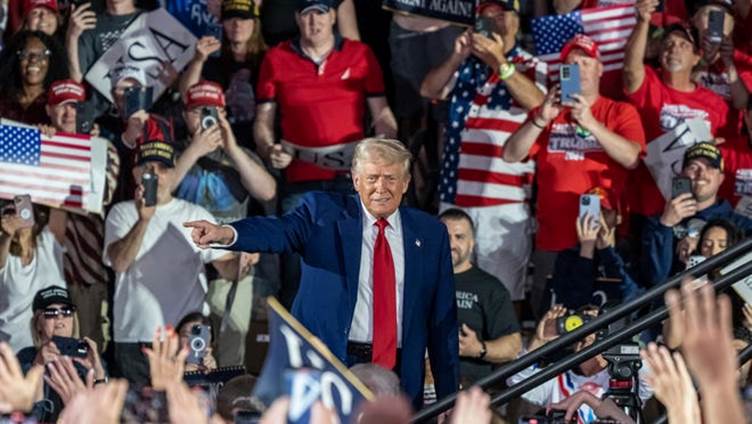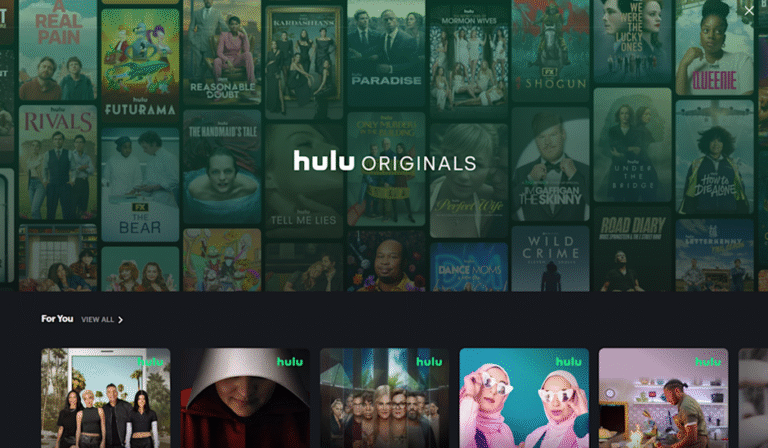On his first day back in office, President Donald Trump wielded a black Sharpie marker, signing an executive order that aimed to dismantle what he called “illegal and radical” diversity, equity, and inclusion (DEI) practices. This marked the beginning of a full-fledged assault on DEI, a campaign that Trump had promised during his election bid.

Over his first 100 days in office, Trump took aggressive steps to eradicate DEI policies. He initiated purges within the federal government and military, warning universities that they could lose billions in federal funding if they didn’t roll back DEI programs. He also pressured major corporations to end DEI initiatives, threatening to revoke federal contracts or impose other penalties.
As DEI efforts became a focal point of Trump’s political agenda, Attorney General Pam Bondi escalated matters, threatening investigations and legal actions. The Federal Communications Commission even launched inquiries into media giants like Comcast and Disney. Trump, during a rally in Michigan on his 100th day, boldly declared, “I ended all of the lawless, so-called diversity, equity, and inclusion bullshit all across the entire federal government and the private sector.”
Jonathan Butcher, a senior fellow at the conservative Heritage Foundation, highlighted the next challenge. “The White House will need to focus on making sure companies are doing what they said they would do when they announced they were turning away from DEI,” Butcher said, referencing high-profile companies like Goldman Sachs, Disney, and IBM, all of which made public pledges to scale back DEI initiatives.
But while Trump’s administration made bold strides, many DEI policies and initiatives have proved resilient, even as some companies, like Meta and McDonald’s, reversed course on diversity-related hiring practices. In fact, within the first week of Trump’s return to the White House, Lockheed Martin, a prominent defense contractor, announced it would comply with his executive order, signaling a wave of corporate re-alignments in the name of the administration’s agenda.
Despite some retreat, there is a persistent undercurrent of support for DEI policies. Companies like Costco and Cisco have stood their ground, openly defending diversity initiatives. According to sociologist Donald Tomaskovic-Devey, who heads the Center for Employment Equity at the University of Massachusetts, the “silent majority” of organizations is continuing their DEI work, albeit quietly, despite mounting political pressure.
Research supports this view. A Littler law firm survey revealed that only 8% of business leaders were considering rolling back their DEI programs due to the Trump administration’s executive actions. Almost half of the companies surveyed had no plans to reduce or alter their DEI strategies. Joelle Emerson, CEO of the culture platform Paradigm, argued that businesses are evolving rather than retreating, focusing on the most effective strategies. Many organizations are dialing back on high-risk initiatives, such as setting specific diversity goals, while doubling down on efforts that create inclusive workplaces.
A 2024 survey by Paradigm found that 85% of companies reported their executive teams remain as committed—if not more—to building inclusive workplaces. This shift represents a broader trend where companies are focusing on strategies that impact the workforce positively, fostering cultures where all employees can thrive.
In fact, many of the nation’s largest corporations continue to expand DEI efforts. Olivia Knight of the shareholder advocacy group As You Sow emphasized that corporations recognize the changing demographics of the U.S., where minority groups are projected to become the majority in the coming years. “The conversation is no longer about whether DEI impacts financial returns,” she said, adding that it’s now about finding ways to manage workplace bias and ensure fairness.
However, some companies, like Marriott and Starbucks, remain vocal about their commitment to DEI. Marriott CEO Anthony Capuano shared a story from his early days with the company, recalling how his former chairman, Bill Marriott, emphasized that Marriott would always be a place that welcomes people from all backgrounds. Capuano’s sentiment resonated with many employees, with 40,000 emails of support pouring in after his comments.
Starbucks, too, under the leadership of CEO Brian Niccol, continues to underscore the importance of diversity in its workforce, stating that reflecting the diversity of its customers and employees is essential. These public declarations of commitment to DEI stand in stark contrast to companies attempting to keep a low profile in the wake of political pressure.
While some are still cautiously navigating the current political climate, experts like Reddit co-founder Alexis Ohanian predict that companies that abandon DEI will regret it in the long run. Ohanian pointed out that successful organizations have long recognized that diversity is integral to building strong businesses and attracting top talent.
Dartmouth professor Paul Argenti affirmed the business case for diversity, noting that companies with diverse leadership outperform their homogeneous counterparts in key areas such as innovation, risk management, and financial performance. “The highest-performing organizations understand that diversity is essential to meritocracy,” Argenti said.
Trump’s stance on DEI has sparked significant debate, particularly since the national reckoning on race following George Floyd’s death in 2020. The efforts to boost diversity in corporate America and government agencies had begun to show results. However, a backlash, led by critics like Stephen Miller and Edward Blum, has reframed these efforts as discriminatory. As DEI faces mounting resistance, Trump’s campaign for civil rights reform seems to center around fighting what he calls “anti-white” bias.
The Pew Research Center found that 53% of the public disapproves of the Trump administration’s actions on DEI, with the divide growing sharper along party lines. While nearly 80% of Republicans approve of Trump’s stance, nearly 90% of Democrats disapprove.
As Trump’s DEI rollback agenda continues, the real test will be how deep and wide these changes go. Experts like David Glasgow, director of NYU’s Meltzer Center for Diversity, Inclusion, and Belonging, believe that the administration’s actions are moving beyond rhetoric into concrete investigations and policy changes. The coming weeks will determine whether Trump’s vision of dismantling DEI policies can truly reshape the landscape of corporate and government diversity efforts.



